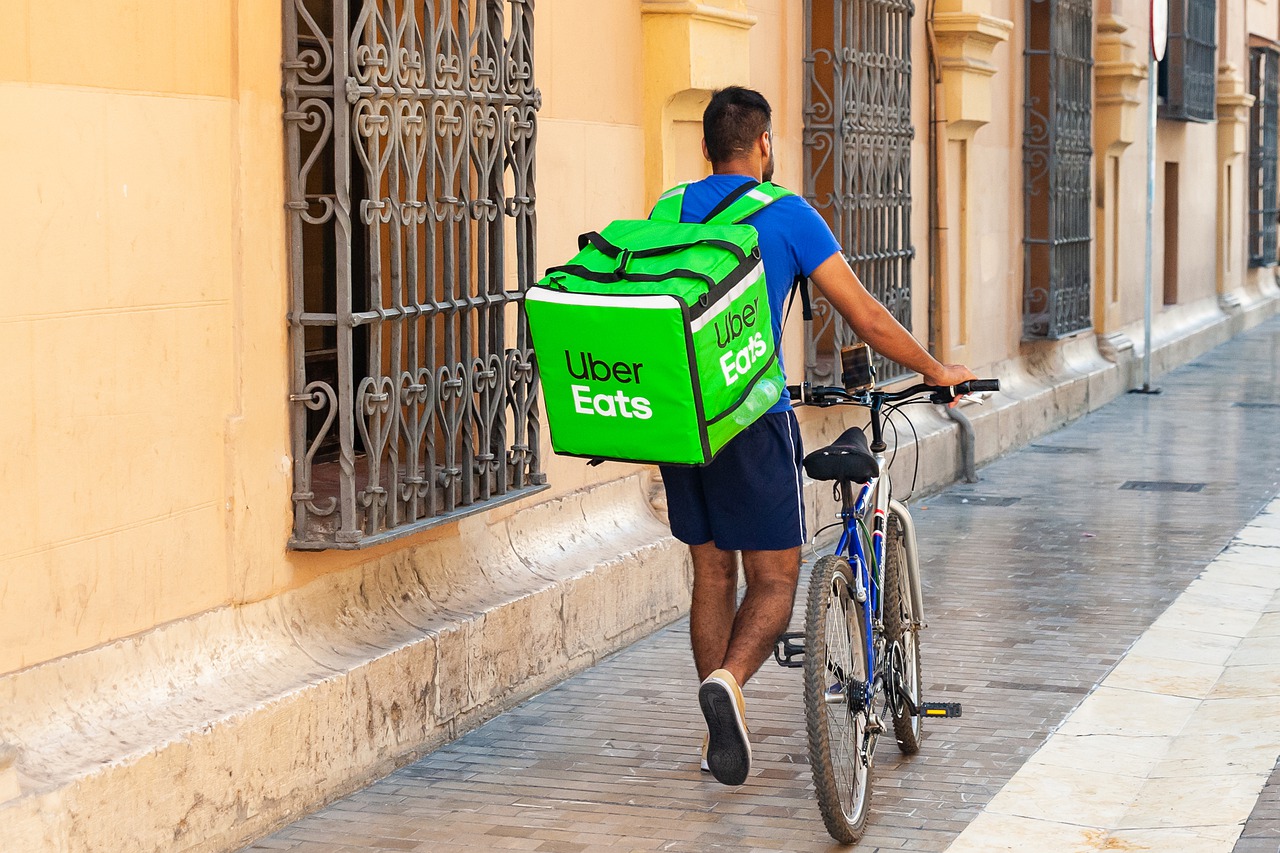SJC Prevents Ballot Measure Removing App-Based Drivers from Employment Protections
 The SJC struck an initiative from November’s ballot that, if approved, would have created a new class of “app-based driver” not subject to many bedrock employment laws. In Koussa v. Attorney General, the Court held that the proposed initiative raised too many different policy questions, and, thus, did not meet constitutional requirements for petitions. Because Massachusetts law only allows ballot initiatives that present voters with “related” and “mutually dependent” issues, the Court held that the Attorney General should not have allowed the initiative onto the ballot.
The SJC struck an initiative from November’s ballot that, if approved, would have created a new class of “app-based driver” not subject to many bedrock employment laws. In Koussa v. Attorney General, the Court held that the proposed initiative raised too many different policy questions, and, thus, did not meet constitutional requirements for petitions. Because Massachusetts law only allows ballot initiatives that present voters with “related” and “mutually dependent” issues, the Court held that the Attorney General should not have allowed the initiative onto the ballot.
The Massachusetts Declaration of Rights imposes limits on the breadth of a ballot question. Article 48 requires that all issues in a ballot initiative must be “related or mutually dependent.” As the Supreme Judicial Court explained in Carney v. Attorney General, the framers of Article 48 inserted this worried about the “dangers of logrolling” – in other words, the ability of special interests to “hitch . . . alluring provisions at the beginning of an initiative petition” to several other less popular provisions. Those kinds of mixed questions might mean that voters would vote yes on a petition as a whole even though they might not approve of parts of it. In Carney and related cases, the court established a test that ensures that a ballot initiatives parts all serve a “common purpose.” As the Carney Court stated, “the initiative petition must express an operational relatedness among its substantive parts that would permit a reasonable voter to affirm or reject the entire petition as a unified statement of public policy.”
Here, the petition sought to create a new class of worker called “an app-based driver.” The basic idea was that drivers for services like Uber would not qualify as traditional employees. We have written before about the difficulties of classifying workers as employees or independent contractors. That distinction affects many of workers’ rights on the job. So, for example, under the Wage Act, an employer must pay employees promised wages and is liable for damages if the employer fails to do so; but does not have the same obligations towards independent contractors. The test for determining employment status varies by statute. But no matter the specific test, the question of your status (i.e. whether you are an employee or not) affects whether a statute or law protects you on the job.
The initiative sought to exempt “app-based drivers” from those traditional analyses. If it passed, “app-based drivers” would not qualify as employees; they would constitute a new kind of worker. The petition would set minimum pay for these drivers (displacing the Wage Act’s protections). It provided for certain benefits for drivers (displacing laws like the Paid Family Leave Act). And it affected the way companies and their affiliated “app-based drivers” would share the costs of accidents: the initiative also required app-based drivers to meet certain health and safety standards, including carrying liability insurance. It mirrored a similar effort in California, which passed after Uber, Lyft, Doordash, and Postmates spent more than $205 million dollars supporting the initiative.
The Attorney General certified the ballot initiative. Individuals who might have been classified as “app-based drivers” challenged that certification, arguing that the initiative presented too many different questions to voters. The Supreme Judicial Court agreed with the plaintiffs. It held that the petition would address too many different policy questions. On the one hand, it would present questions about basic employment issues like pay and benefits. But it also would limit a company’s liability for accidents or torts. That, the Court reasoned, was a fundamentally different area of public policy than the day-to-day compensation that a worker receives from her job. Thus, the initiative did not comply with Article 48.
For now, the SJC’s decision means that whether Ubers drivers and other similar gig workers may still be able to qualify as employees under statutes like the Wage Act and Paid Family Medical Leave law. The decision, however, leaves open the possibility that proponents of restrictions on gig workers’ employment protections may draft new initiatives that address each of the policy issues in the previous initiative. It will then be up to the people of Massachusetts to decide whether to afford these workers the employment protections our legislature has put in place.
If you have a question about whether or not you are an employee who is afforded protection under a specific statute, we encourage you to contact our employment attorneys at (617) 742-6020.
 Boston Lawyer Blog
Boston Lawyer Blog






